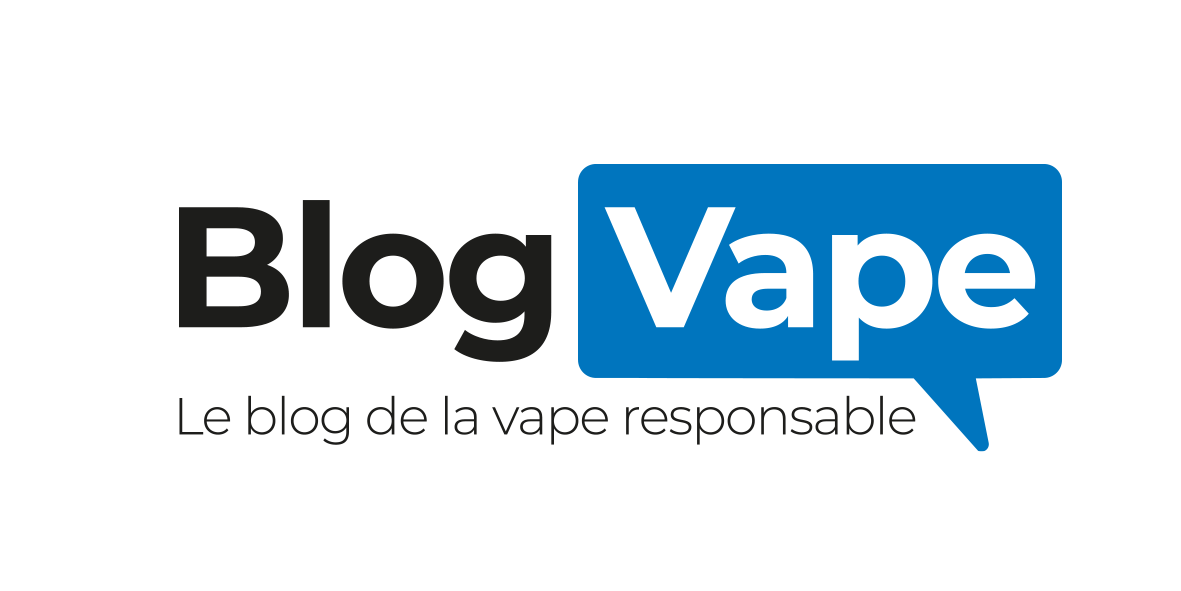Tobacco companies forced to issue anti-commercials

 After 18 years of legal battling, the American courts have spoken conclusively regarding the conflict between the government and tobacco industry. Big tobacco companies will be allowed to advertise their products in the USA. This authorisation will come into effect in 2018. A first since 1971 when cigarette advertisement was 100% banned throughout the country. However, this is a double-edged victory.
After 18 years of legal battling, the American courts have spoken conclusively regarding the conflict between the government and tobacco industry. Big tobacco companies will be allowed to advertise their products in the USA. This authorisation will come into effect in 2018. A first since 1971 when cigarette advertisement was 100% banned throughout the country. However, this is a double-edged victory.
The story began in 1991, with Bill Clinton in the White House at the time. The government wanted tobacco industry players to contribute to the rising cost of public healthcare. After two decades, the courts have given permission to the biggest cigarette producers in the country to invest in commercial marketing.
Yet, this decision was not welcomed with open arms by R.J Reynold, Philip Morris, Lorillard or Altria, the biggest tobacco companies in the USA. And for good reason, as the authorisation had a specific condition attached. Namely, brands are forbidden from advertising the “qualities” of their products. They will be legally obligated to communicate the health hazards of smoking cigarettes. In other words, they will have to finance their own anti-commercials.
Lobbyists ready to fight back
Press releases by the big brands in the sector are vocal in their goodwill to respect these new regulations. However, the first images of TV commercials show that they are working to limit their influence on public opinion.
The videos present a warning message with neutral colours and style. The voice-over is flat as can be, in order to make the message forgettable as can be. However, these anti-commercials will be aired 5 times a week for a year, for a total of 250 showings.
The USA are leading the pack in terms of anti-smoking regulations. They will be the first country to mandate a company to issue anti-commercials for their own products. We will have to wait until end of 2018 to see the impact of these marketing campaigns on smoking rates. Now more than ever, the cigarette industry is losing ground.






